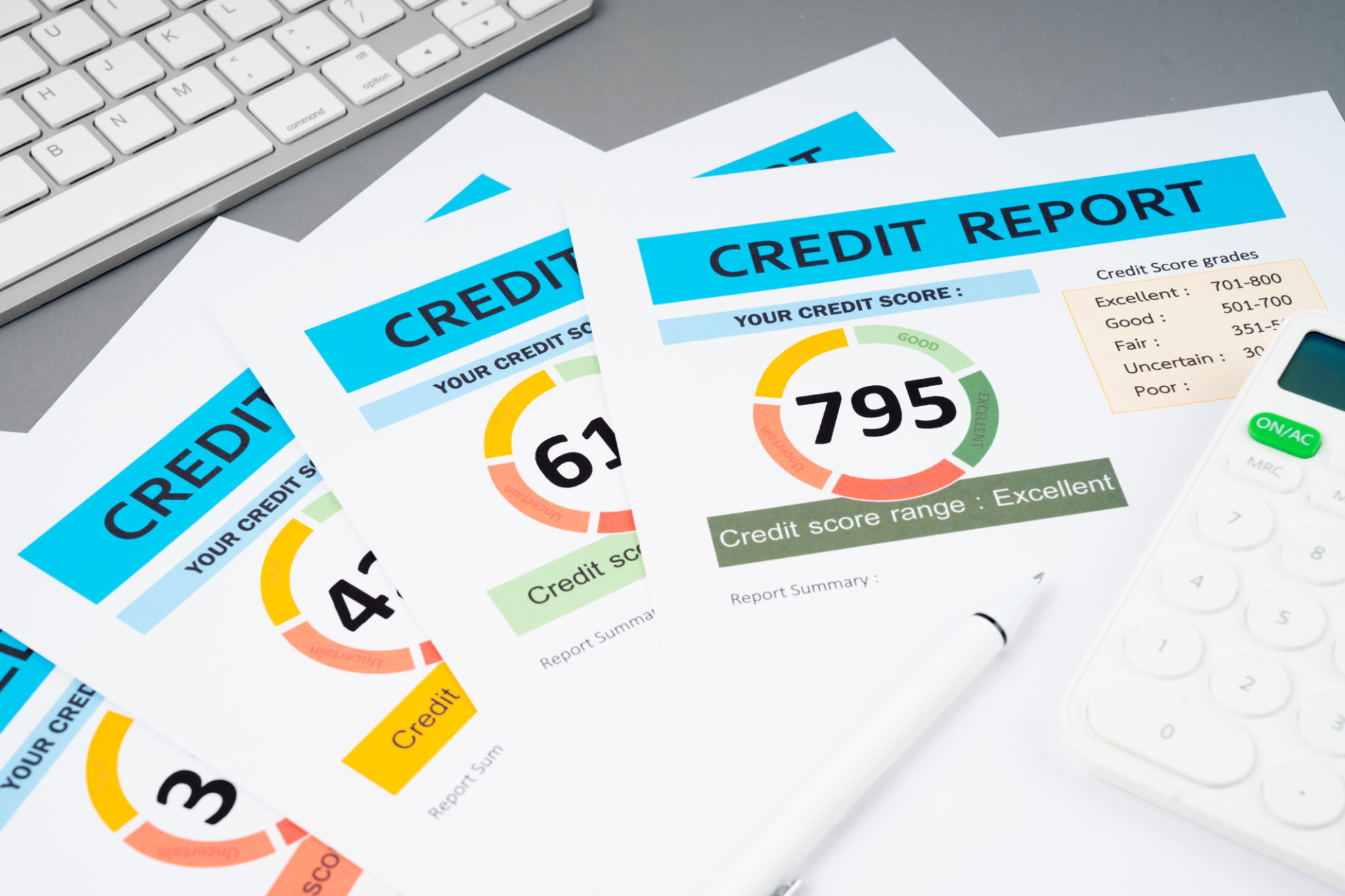DIY Credit Repair: Common Mistakes to Avoid and How to Fix Them
Understanding DIY Credit Repair
Repairing your credit score on your own can be a daunting task, but it is achievable with the right approach and information. Taking control of your credit can lead to better financial opportunities, such as lower interest rates on loans and credit cards. However, there are common mistakes that people make during this process. By being aware of these pitfalls, you can avoid them and successfully improve your credit score.

Common Mistakes in DIY Credit Repair
Not Reviewing Your Credit Report
One of the biggest mistakes people make is not regularly reviewing their credit reports. Errors on your credit report can significantly affect your score. It is crucial to obtain copies of your credit report from all three major credit bureaus—Equifax, Experian, and TransUnion—and check them for inaccuracies.
Ignoring Payment History
Your payment history accounts for a significant portion of your credit score. Neglecting to make payments on time or failing to pay at all can drastically lower your score. It's essential to set up reminders or automate payments to ensure you stay on track.

How to Fix These Mistakes
Dispute Inaccuracies
If you find errors on your credit report, take action immediately. Contact the credit bureau and the organization that provided the information. You will need to provide documentation to support your claim. Once disputed, the bureau typically has 30 days to investigate and respond.
Create a Payment Plan
To address late payments, consider creating a realistic payment plan. List all your debts and prioritize them based on interest rates and due dates. By paying more than the minimum balance on high-interest debts, you can gradually reduce your debt and improve your credit score.

Additional Tips for Effective Credit Repair
Limit New Credit Applications
Every time you apply for new credit, it results in a hard inquiry on your credit report, which can reduce your score. Avoid applying for new credit unless absolutely necessary, and space out applications to minimize their impact.
Build a Positive Credit History
Building a positive credit history is essential for long-term success. Keep old accounts open and in good standing to show a long history of responsible credit use. Consider using a secured credit card to establish or rebuild your credit if needed.

By being proactive and informed in your DIY credit repair journey, you can avoid common mistakes and take meaningful steps towards improving your financial future. Remember, patience and consistency are key to achieving a healthy credit score.